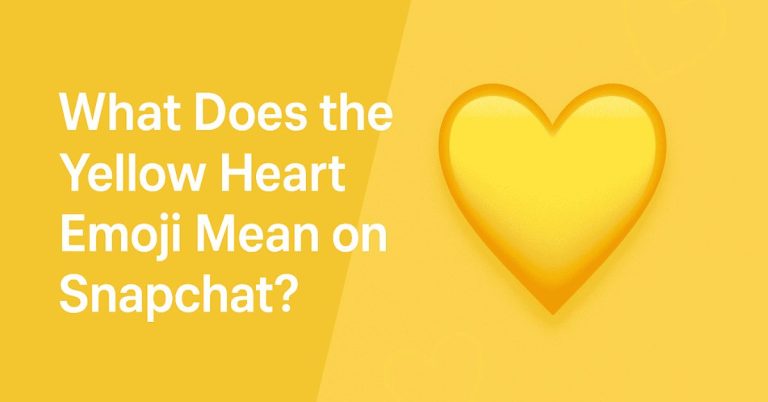How Casinos Share Your Playing Data (Legally)
Requested my player data from a casino under GDPR last year. Expected to see my deposit history and maybe some basic account info. Instead, received a 47-page document detailing every spin I’d made for six months, including exact bet amounts, game choices, session durations, win/loss patterns, device information, and IP addresses—all timestamped to the second.
The real surprise came in the appendix: a list of 12 companies the casino had shared portions of this data with. Payment processors, game developers, marketing analytics firms, fraud prevention networks, and even their license holders’ compliance departments. All is legally disclosed in their privacy policy, which I’d never fully read.
That’s when I learned casinos don’t just collect your playing data—they actively share it across an entire ecosystem of third parties, all perfectly legal under terms you agreed to at registration.
Payment Processors See Everything Financial
Every deposit and withdrawal passes through payment processors, who maintain detailed transaction records. But they also receive gameplay data to evaluate fraud risk and comply with anti-money laundering regulations.
New players at 777Casino get a welcome bonus of 100% up to CHF 777 plus 100 free spins on The Legend of Wilhelm Tell, their exclusive house slot. If you verify your account within 30 days, they’ll add another CHF 10 bonus. The platform hosts over 4,000 games from Pragmatic Play, Evolution, NetEnt, Play’n Go, and others. Minimum deposit is 10€, with zero transaction fees and a Premium Club that awards points as you wager.
Their payment processors, such as NETELLER, Skrill, Paysafecard, PayPal, bank transfers, handle more than just moving money around. They get detailed reports, showing data such as: which games you play, your wager amounts per session, and your win/loss ratios. This helps flag suspicious patterns: large deposits immediately followed by withdrawals (potential money laundering), or steady losses that could lead to problem gambling and eventual chargebacks.
Game Providers Track Your Preferences
Game providers don’t just supply the slots and live tables—they also collect data about how you play them. They know which of their games you prefer, how long you typically play, what bet sizes you choose, which bonus features you hit, and whether you play their games at multiple casinos.
I discovered Pragmatic Play (via the casino’s data sharing agreements) knew I’d played their slotspeak.net/best-rtp-slot-games/—specifically titles among the 185 high-return games, including selections from their portfolio alongside the 105 games from Relax Gaming, 71 from Thunderkick, and 311 from Spinomenal. They tracked which RTP percentages I preferred, my volatility tolerance, and bonus feature engagement rates.
Game providers use this data to develop new games matching player preferences and to identify technical issues specific to certain playing patterns.
Marketing Networks That Build Your Profile
Third-party marketing platforms receive your playing data with your name stripped out. They get everything else, though: game preferences, play frequency, session lengths, deposit patterns, and bonus response history. All are used to serve targeted ads and measure campaign success.
These networks don’t know you’re John Smith, but they know “Player ID #847392” prefers high-RTP slots, plays Tuesday evenings, deposits €50 monthly, and responds well to free spin offers. That unique identifier follows you across the web, which is why casino ads appear everywhere after you visit a gambling site.
Fraud Prevention Networks
Casinos participate in shared fraud databases tracking problematic accounts across multiple gambling sites. When you create an account, your details get checked against these networks. When you play, certain behaviors get flagged and shared.
Information commonly shared with fraud networks: device fingerprints, IP addresses, payment method details, account verification documents (hashed for privacy), bonus abuse patterns, and chargeback history.
I found my device fingerprint and IP addresses had been shared with at least three fraud prevention services. These services cross-reference this data across multiple casinos to identify players attempting to create duplicate accounts or abuse welcome bonuses at different sites.
Regulatory Reporting Requirements
Casino licenses require regular reporting to gambling authorities. This includes aggregated player data and sometimes individual player information when regulatory investigations occur.
Swiss-licensed casinos like 777Casino report to their regulatory body with data including: player location verification, responsible gambling tool usage, large transaction reports (over certain thresholds), self-exclusion compliance, and unusual betting patterns potentially indicating match-fixing or insider information.
While regulatory reporting typically uses anonymized data, authorities can request identifiable information during investigations into money laundering, underage gambling, or fraud.
What You Can Control
Most jurisdictions give you rights over your personal data. Under GDPR (Europe) or similar laws, you can: request copies of all data held about you, ask which third parties received your data, request deletion of your data (though casinos must retain some information for legal compliance), and opt out of marketing data sharing.
I exercised these rights and discovered the casino couldn’t delete my gameplay records (required for license compliance) but could stop sharing my data with marketing partners. They also had to disclose every company that had received my information.
The privacy policy you agreed to when registering details all this data sharing. Most casinos’ policy explicitly lists payment processors, game providers, marketing partners, and fraud prevention services as data recipients. The information is there—just buried in legal language that only a few players read.





